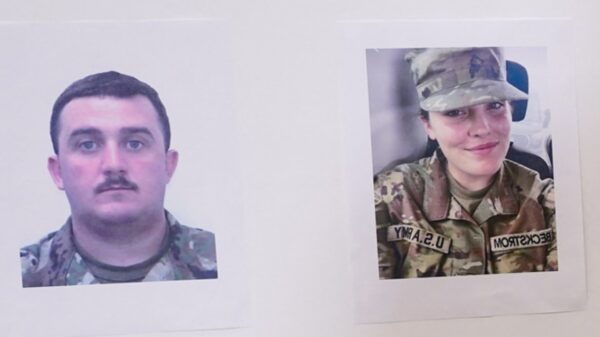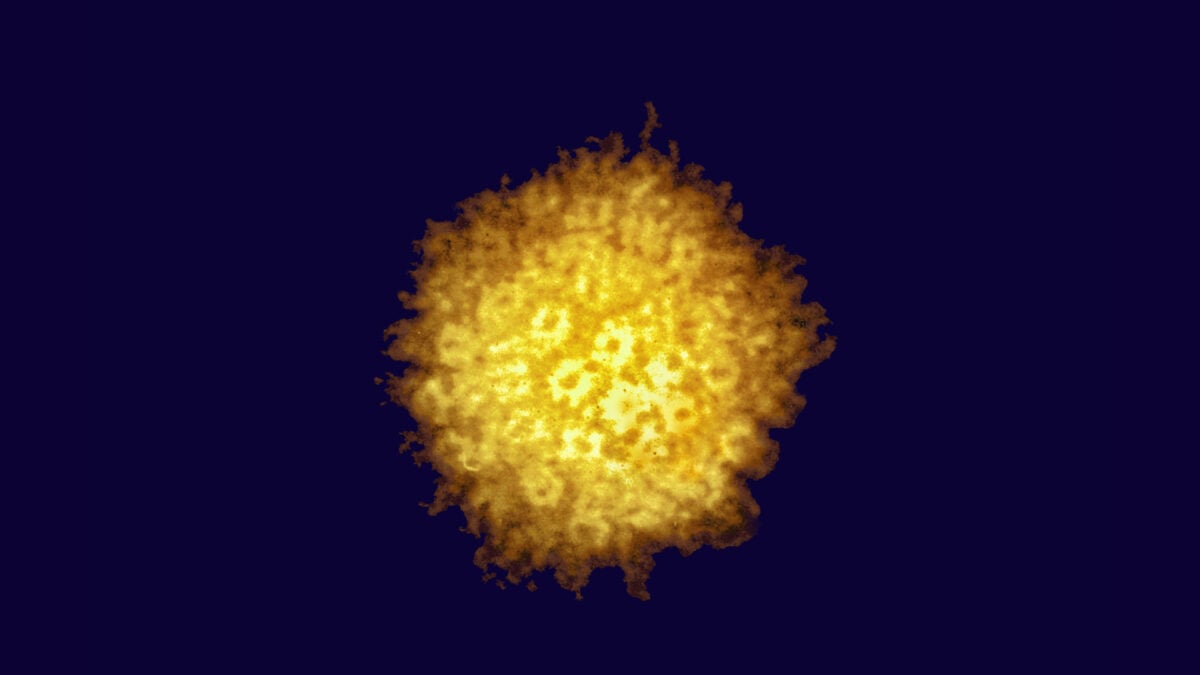Scientists are exploring innovative treatments for challenging cancer cases, with some developments highlighting the unexpected potential of viruses like herpes. New clinical trial data reveals that a modified herpes simplex virus 1 (HSV-1) may effectively combat late-stage skin cancer. This breakthrough comes from researchers at the University of Southern California, who conducted a Phase I/II trial targeting advanced, treatment-resistant melanoma.
Approximately one-third of patients treated with the modified virus, alongside immunotherapy, experienced significant tumor shrinkage, with some achieving complete cancer regression. A larger trial of the experimental therapy, known as RP1, is currently underway, and the Food and Drug Administration (FDA) is expected to make a decision on its approval later this month.
The Science Behind Oncolytic Viruses
The concept of using viruses to fight cancer, known as oncolytic virotherapy, has intrigued scientists for over a century. However, recent advances in gene editing have made this potential more attainable. According to Gino In, a medical oncologist at USC’s Keck School of Medicine, “Most progress has been made just in the last few decades, thanks to advances and progression in gene editing technologies.”
HSV-1, the virus responsible for cold sores, is particularly promising due to its large size, which allows for genetic modifications. Unlike some viruses, HSV-1 does not integrate its DNA into the host cell’s genome, reducing the risk of mutations. Additionally, typical HSV-1 infections are not life-threatening and are manageable with antiviral medications.
RP1: A New Generation of Cancer Treatment
RP1, developed by biotech company Replimune, is a genetically modified version of HSV-1 designed to target cancer cells and enhance the immune system’s ability to fight tumors. Compared to the natural virus, RP1 is engineered to be less likely to cause severe infections while being more effective in killing cancer cells.
This latest study involved 140 patients from the IGNYTE trial, conducted at multiple sites, including USC. Participants with late-stage melanoma unresponsive to prior treatments received RP1 and nivolumab, an immunotherapy drug, every two weeks for up to four months. If patients responded positively, they continued with nivolumab alone for up to two years.
By the study’s end, a third of patients saw their tumors decrease in size by at least 30%, and nearly one in six experienced complete tumor regression.
The promising results were presented at the annual meeting of the American Society of Clinical Oncology and published in the Journal of Clinical Oncology. “This study provides an important new approach for patients with immunotherapy-refractory melanoma,” said In. “It offers a new type of treatment, one that is both effective and well tolerated.”
Looking Ahead: The Future of Virus-Based Therapies
While early trials primarily assess safety and dosing, the optimistic results in these challenging cases are encouraging. Replimune has already initiated a Phase III trial to further test RP1 with nivolumab in approximately 400 patients with treatment-resistant melanoma. The FDA is considering the combination therapy for accelerated approval, potentially allowing RP1 to become available sooner.
In and his team at USC continue to analyze data to understand RP1’s mechanisms better. They anticipate RP1 will become a viable option for resistant melanoma cases and are exploring its potential for other cancer types. If successful, virus-based therapies like RP1 could represent a new frontier in cancer treatment.


































































